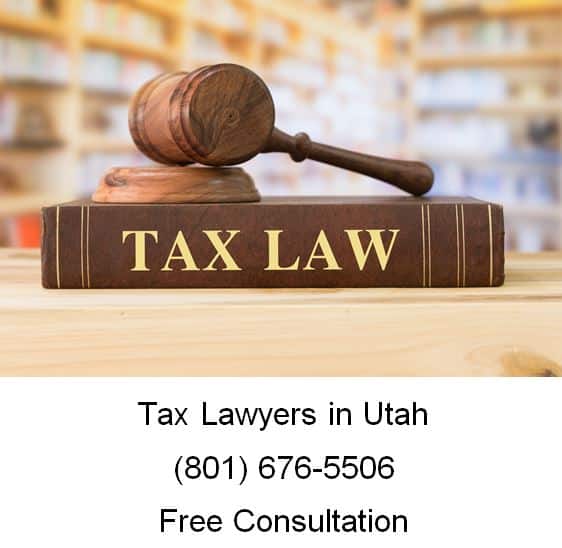
It’s not hard to get behind on your taxes. Perhaps there was a death in the family or you suffered a serious illness. Whatever the reason, once you haven’t filed for several years, it can be tempting to continue letting it go. However, not filing taxes for 10 years or more exposes you to steep penalties and a potential prison term.
There’s No Time Limit on the Collection of Taxes
If you have old, unfiled tax returns, it may be tempting to believe that the IRS or state tax agency has forgotten about you. However, you may still be on the hook 10 or 20 years later. If you don’t file and owe taxes, the IRS has no time limit on collecting taxes, penalties and interest for each year you did not file.
It’s only after you file your taxes that the IRS has a 10-year time limit to collect monies owed. State tax agency have their own rule and many have more time to collect. For example, California has up to 20 years after you file to collect.
You Could be Charged with a Crime
The IRS recognizes several crimes related to evading the assessment and payment of taxes. Penalties can be as high as 5 years in prison and $250,000 in fines. However, the government has a time limit to file criminal charges against you. If the IRS wants to pursue tax evasion or related charges, it must do this within six years from the date the unfiled return was due. Non-filers who voluntarily file their missing returns are rarely charged.
Determine If the IRS Filed a Substitute Return
Just because you didn’t file your return doesn’t mean the IRS won’t file one for you. The IRS may file a Substitution for Return or SFR on your behalf. Don’t think of this as a complementary tax filing service. The IRS won’t give you any of the exemptions or deductions that rightfully belong to you.
Once an SFR is filed, you will be sent a notice to accept the tax liability as filed in this alternate return. If you don’t respond, the IRS will issue a notice of deficiency. At this point the tax is consider owed by you and the IRS can begin the collection process. To encourage payment, a levy can be placed on your wages or bank accounts. A federal tax lien may also be placed against your real property.
If a SFR was filed, you don’t have to accept the outcome. You can go back and refile those years and include any available deductions. Chances are you can decrease the tax owed, as well as the interest and penalties.
File Your Missing Returns
You may want to file your old returns before a demand is made. There’s no time limit for submitting a previously unfiled return. However, if you’d like to claim your refund, you have up to three years from the due date of the return. It may be a good idea to speak with an experienced tax attorney or CPA before filing old returns. But, here’s some benefits of getting missing tax returns filed:
• Protect you Social Security benefits: If you’re self-employed and don’t file, you won’t receive credits toward Social Security retirement or disability benefits.
• Avoid issues obtaining loans: Loan may be denied or delayed if you cannot prove income by providing tax returns or reportable income.
• Not having to worry about your unfiled taxes: Once your tax issue is resolved, it will free up your time for more enjoyable pursuits.
Negotiate Your Tax Bill
If you tax assessment is too high, you may be able to negotiate a better deal. Penalties may represent 15 to 20 percent of what you owe to the IRS. Getting these removed can make a real difference. File Form 843 to request an abatement of taxes, interest, penalties, fees, and additions to tax.
If your debt is more than $10,000, you might consider a Partial Payment Installment Agreement (PPIC) where the IRS agrees to accept less than the total you owe. The IRS will only agree to a PPIC if it’s clear that the monthly payments you can make will not cover your total taxes due for many years.
An offer in compromise (OIC) is an agreement between a taxpayer and the IRS that settles a taxpayer’s tax liabilities for less than the full amount owed. If you can fully pay your liability through an installment agreement or other means, won’t generally qualify for an OIC.
Free Initial Consultation with Lawyer
It’s not a matter of if, it’s a matter of when. Legal problems come to everyone. Whether it’s your son who gets in a car wreck, your uncle who loses his job and needs to file for bankruptcy, your sister’s brother who’s getting divorced, or a grandparent that passes away without a will -all of us have legal issues and questions that arise. So when you have a law question, call Ascent Law for your free consultation (801) 676-5506. We want to help you!
8833 S. Redwood Road, Suite C
West Jordan, Utah
84088 United States
Telephone: (801) 676-5506
Recent Posts
The Small Business Lawyer And Product Liability
Writing Effective Job Descriptions
Performing An Employee Background Check
Divorce Lawyer and Family Law Attorneys


